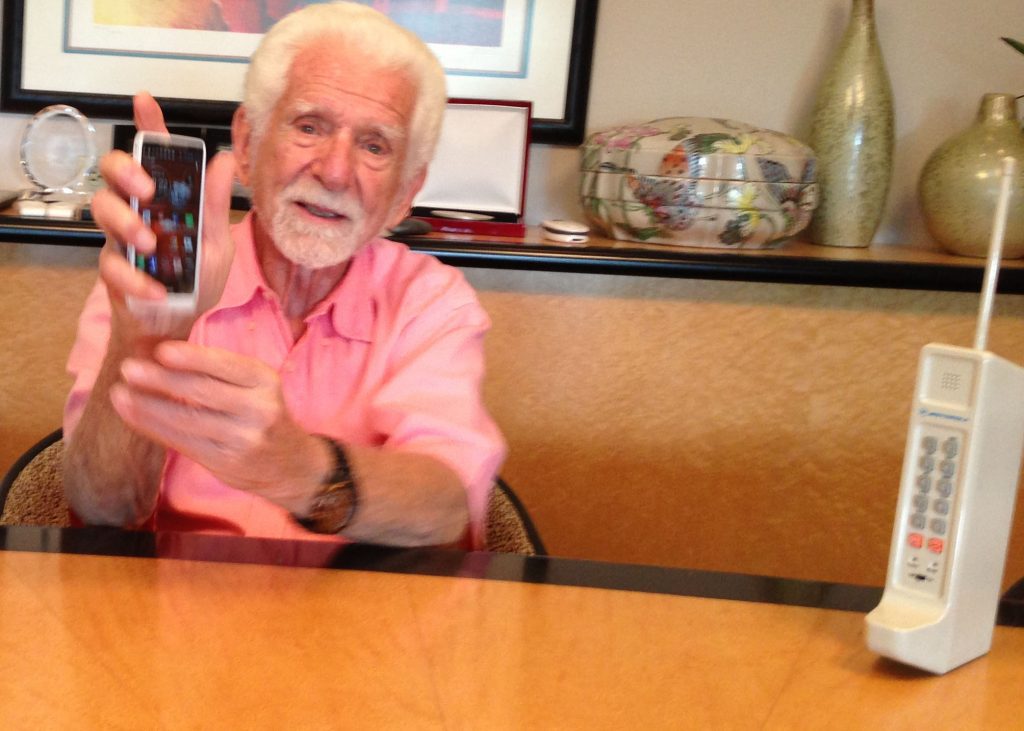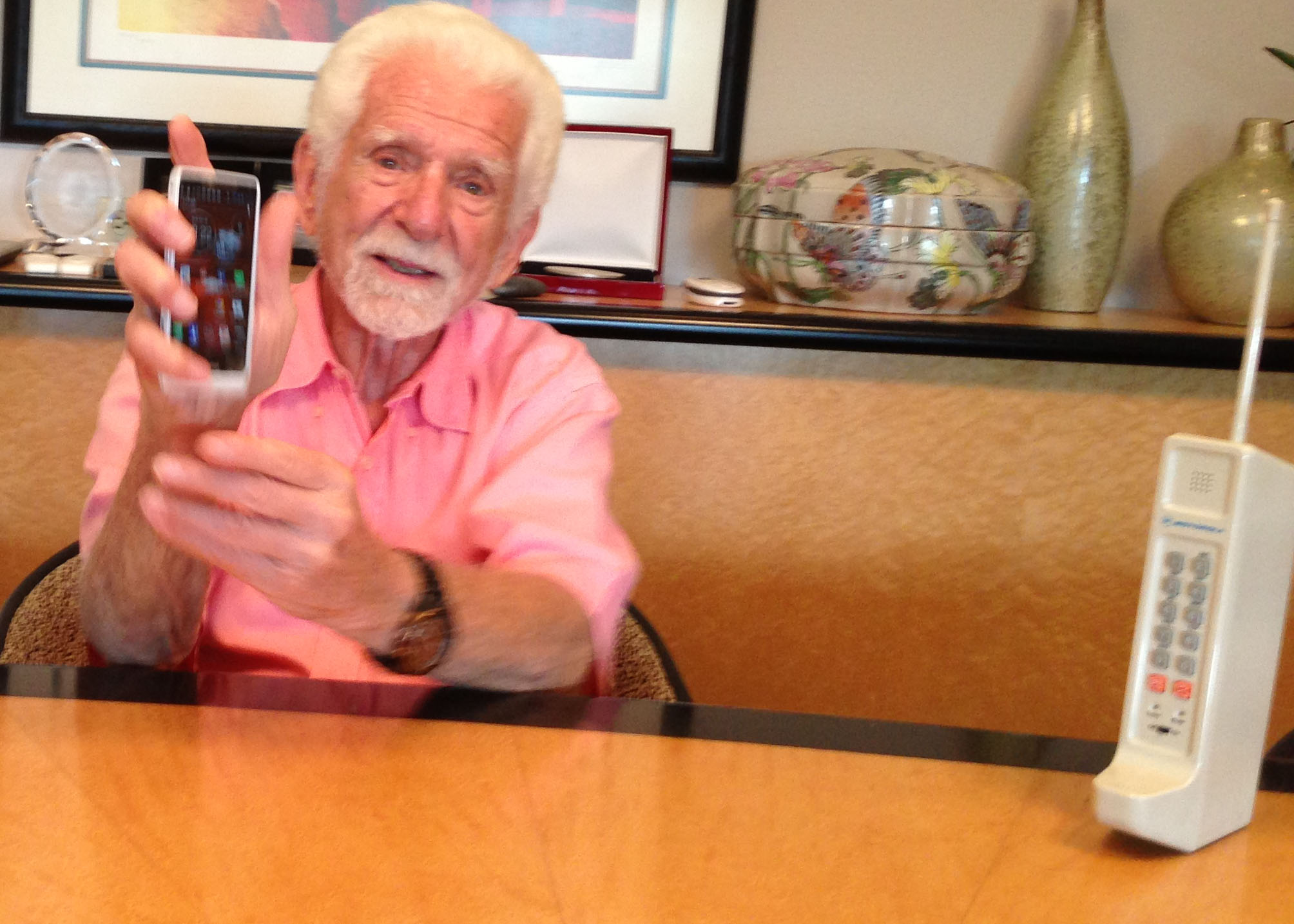
It has been almost 40 years since Martin Cooper made the mobile phone call that earned him the title of father of the cell phone. Today he is still active in the industry, looking for ways to make mobile better. Like many others, he thinks t5hat finding enough spectrum to handle soaring wireless data usage is the great challenge. Unlike many, however, he has ideas that go beyond reallocating a limited pool of wireless spectrum.
One of his concerns is that what has been spectacular growth in the efficiency of spectrum use has slowed. “There’s not much motivation for the people who have the spectrum to get more efficient,” he says. “Why should they get more efficient when all they have to do is ask for more spectrum? Yes, they have to pay for it, but the cost of spectrum at auction is the bargain of the century. Just think about it. You may spend $1 billion to get a piece of spectrum but that spectrum is going to double in value every 2½ years.”
So Cooper, who has spent many years working on smart antenna technology that would allow more effective reuse of spectrum, has an idea to create an incentive. “One possible way, and a way that I suggest would be really valuable for the government to get people to operate more efficiently, is what I call the Presidential Prize. Suppose the government offers the industry the opportunity to get, say, 10 MHz of spectrum free of charge, no auction price or anything, All you’d have to do to get that 10 MHz of spectrum is demonstrate that you could operate at least 50 times more efficiently than existing people. Well, if somebody could do that, they’d have the equivalent spectrum of 50 times 10 MHz, or 500 MHz of spectrum today.
“So my suggestion is let’s have a contest to see who can get to 50 times improvement over the next 10 years or so. It’s going to cost a lot of money to do that, but we’re going to find that we’ll have some new carriers , people that have made substantial investments, and we’ll now be using the spectrum more efficiently. The spectrum belongs to us, to the public, not to the carriers. We only lease it to the carriers, and they are supposed to operate in the public interest. It is in the public interest to use that spectrum efficiently and make it available to more and more people. The only way to do that is to get the cost down.”
You can see much more of my interview with Cooper, including video, on Cisco’s The Network.
